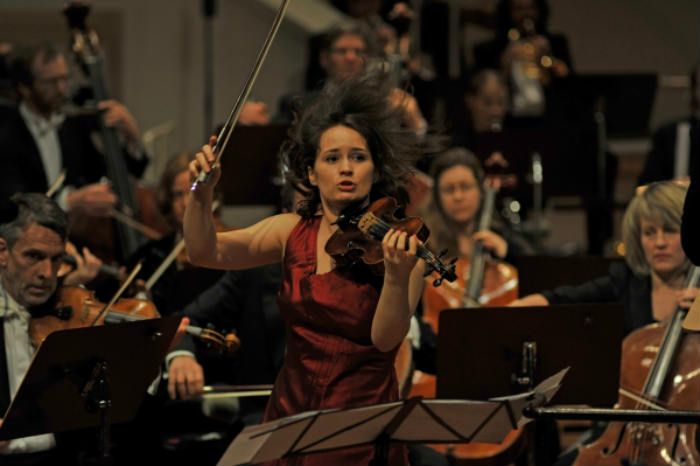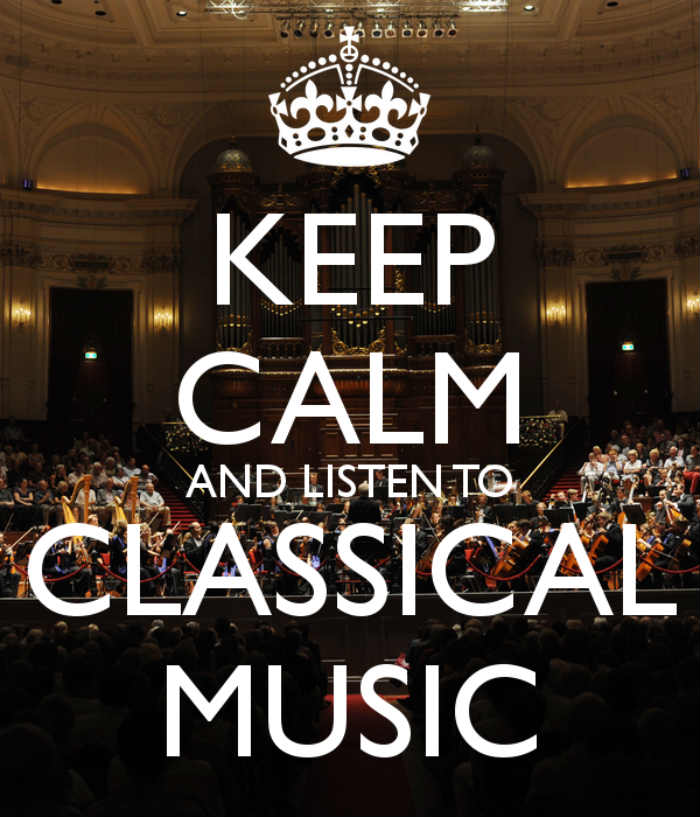
Over the past few years, U.S. and European media have been predicting classical music’s death with a regularity usually reserved for elderly heads of state and religious leaders.
Putting aside the question of whether an entire genre of music can actually “die” (even disco still has its fans), there are five reasons why classical music is doing especially *well* these days—well enough, in fact, that you don’t really have to worry about its future.
1. China is changing everything.
Most articles predicting the death of classical music limit the discussion to the United States, Canada, Australia, New Zealand, and Europe, which have a combined population of about 1.1 billion. Classical music is actually doing just fine in these regions, for reasons I’ll go into below, but let’s imagine for the sake of argument that classical music really *was* losing most of its market share in the United States, Canada, and Europe. Wouldn’t that be time to worry?
Not really, because China—with a population of 1.4 billion, i.e. significantly larger than *all of those regions combined*—is well positioned to pick up the slack and then some. Western-style classical music exploding in popularity in China, and an entire generation of students from urban middle-class families are taking to the piano. If current trends continue, there will be more classically trained musicians in China in 30 or 40 years *than there have ever been* anywhere else.

2. For the first time in history, there is at least one symphony orchestra in every region on Earth.
Part of the success of classical music in China can be attributed to the popularity of its internationally renowned symphony orchestras, but the emergence of new Western-style classical orchestras isn’t a one-country phenomenon. The documentaries *Congo Calling* and *Kinshasa Symphony* explore the 20-year history of the Republic of Congo’s Orchestre Symphonique Kimbanguiste, which has risen to international prominence under challenging economic and political circumstances. Once found exclusively in Europe and in its wealthier former colonies, Western-style classical symphony orchestras can be found scattered throughout every continent on Earth, except for Antarctica.
3. Almost anybody can compose classical works, and it’s getting easier every year.
Free and low-cost music software, such as MuseScore and GarageBand, has made it possible for self-educated musicians to get right to scoring their own works. That’s never happened before.
4. Computer software and social media have made the electronic performance and distribution of classical works easier, cheaper, and more fun.
Any middle-class teenager in any industrialized country on Earth can wake up with a song in their head, play it on an instrument (or get the computer to play it for them), and put it online for a potential audience of billions. In all of human history, that has never been possible before.
In the past, it has been impossible for all but the luckiest people to distribute their compositions. My grandfather, a Southern Baptist minister, composed a number of ragtime pieces that—in all likelihood—nobody will ever hear again. This was not tragic for a man of his generation because it was not unusual, but a story like his is virtually impossible now. If you’ve got a song to play, you can reach an audience with it. You don’t really need the sort of rare, privileged connections you used to need in order to distribute your work.
5. Even in traditional markets, sales are up.
When ClassicFM published its own list of reasons why classical music is not dying earlier this year, it focused heavily on traditional metrics: Ticket sales are up in the UK, classical music is influencing pop and video game music like never before, and it’s becoming more and more affordable for an average person to attend a classical performance. These are all important considerations, and point to the fact that—even in the most traditional markets, and even in the most traditional ways—it can be credibly argued that classical music is still a smashing success.
But even if we accepted the iffy proposition that classical music as we used to know it is dead, it is only as dead as a caterpillar in a cocoon. Western-style classical music has changed in ways that allow it to break into new milieus—geographical, cultural, economic, and technological—that have been beyond its reach in the past. It is true that this broadened access may result in a loss of prestige for the genre, but prestige was never the point. The point was the music. And for those who love the music—those who love to hear it, and those who love to compose and perform it—the story is just beginning.

